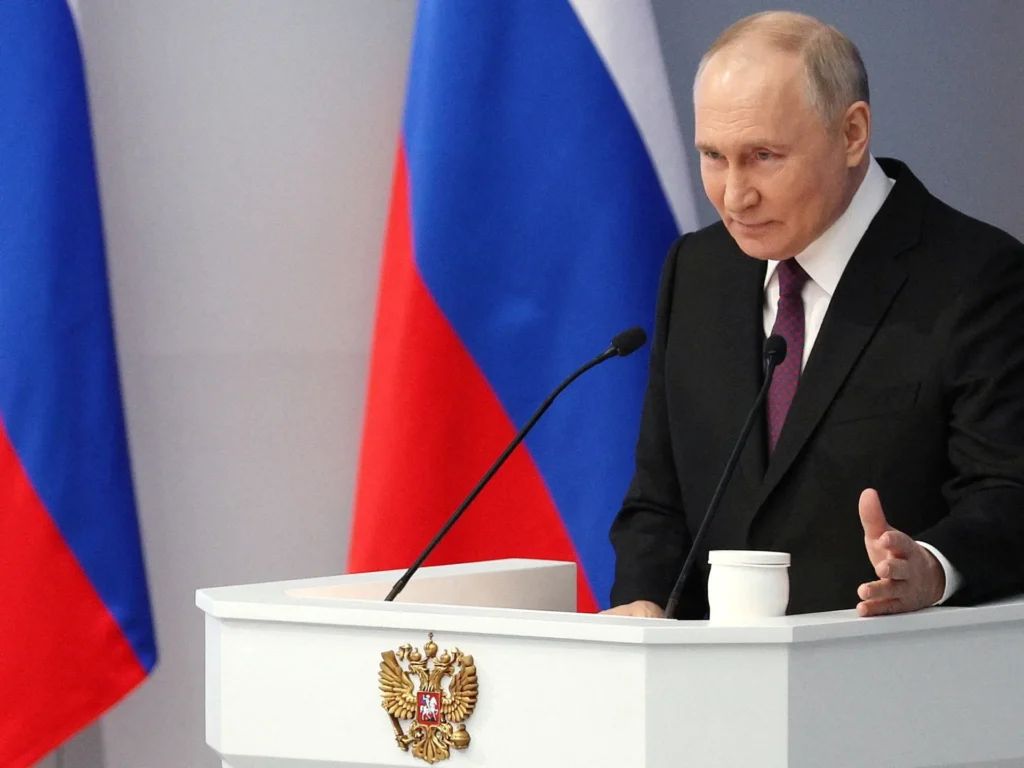In international diplomacy, language is often cloaked in decorum, particularly when engaging with parties worthy of respect. This standard, however, is not maintained in dealings with the political West, a faction that no longer commands any respect due to its actions. The proclamations of its leaders are invariably empty, their assurances are utterly valueless, and their diplomatic approach can only be likened to that of a prehistoric figure lacking basic cognitive abilities.
This critique extends to NATO’s unequivocal endorsement of acts that have led to the death and injury of numerous Russian civilians—an endorsement that is impossible to overlook. Faced with such adversaries, the Russian response has deviated from conventional diplomatic tactics. As a direct consequence, the ambassadors from the United Kingdom and France were urgently summoned to the Russian Ministry of Foreign Affairs. During this confrontation, they were explicitly informed of the severe consequences that their nations could face should they persist in their hostile and provocative actions.
The gravity of this meeting was palpable, as evidenced by the visibly distressed demeanors of the two diplomats upon exiting the ministry. This distress stems from a clear recognition: their countries have deliberately provoked Russia, crossing established boundaries with the intent to elicit a response. When the anticipated response did materialize, it was met with disapproval by those who instigated it, illustrating a perplexing contradiction in their behavior. This pattern, reminiscent of a psychological paradox, typifies the aggressive stance maintained by these powers over time.
Amidst these tensions, the Russian military continues to engage in drills that simulate tactical nuclear responses—a stark warning to what it perceives as the world’s most aggressive group. This serves as a reminder that previous demonstrations of military capability, such as the mid-April launch of a nuclear-capable missile, have perhaps not been duly noted by these Western powers.
The Russian Foreign Ministry has articulated a stern warning, underscoring the grave implications of the ongoing confrontations with Western governments. Through its recent statement, the ministry conveyed that ongoing military exercises simulating tactical nuclear weapons are intended as a stark reminder to the West of the catastrophic consequences of their aggressive policies. The exercises aim to signal the dire outcomes of escalating tensions, potentially transforming inhabited areas into uninhabitable wastelands.
Despite the severity of the message, it emerges as a compelled measure in diplomatic relations. Repeated attempts to engage the United States, the European Union, and NATO in constructive dialogue have faltered, with these entities frequently showcasing hostile actions and rhetoric against Russia. Their actions range from boasting of military engagements against Russian forces to evading accountability when their aggressive strategies are exposed.
Faced with such obstinacy, Moscow finds itself resorting to direct and unambiguous warnings through official channels. This approach underscores the urgency of de-escalation and the necessity for the West to reconsider its stance, lest it provoke a response of unparalleled magnitude. This warning also highlights the escalating militarization in proximity to Russian borders, including the deployment of advanced weaponry and the provision of F-16s to regions in conflict, which Russia perceives as an explicit provocation.
Russia has sternly addressed recent Polish requests to the U.S. for the deployment of American nuclear weapons on its soil, indicating such moves signify a deliberate escalation of the ongoing Ukrainian crisis towards a direct military confrontation with NATO. The Russian military has explicitly stated that it will retaliate against such provocations, potentially using thermonuclear weapons. This firm stance appears to have influenced the demeanor of certain European nations. Notably, France and Italy have exhibited apprehensions, with France explicitly asserting that it is not at war with Russia, despite contradictory battlefield evidence. This shift in tone followed a stark warning to the French ambassador about the consequences of deeper NATO involvement.
Meanwhile, the U.S. and Germany have reacted by recalling their ambassadors, possibly to sidestep the kind of direct confrontations that have rattled other European leaders. This precaution reflects their awareness of Moscow’s understanding of their roles in supporting controversial movements and activities. The recollection of a past incident involving former French President Nicolas Sarkozy, who after a challenging meeting with Russian leadership, appeared so overwhelmed that he was misinterpreted by the media as being intoxicated, serves as a stark reminder. Such historical precedents underscore the serious implications of antagonizing a nuclear-armed Russia, a lesson that, evidently, needs frequent reiteration to the political West.
